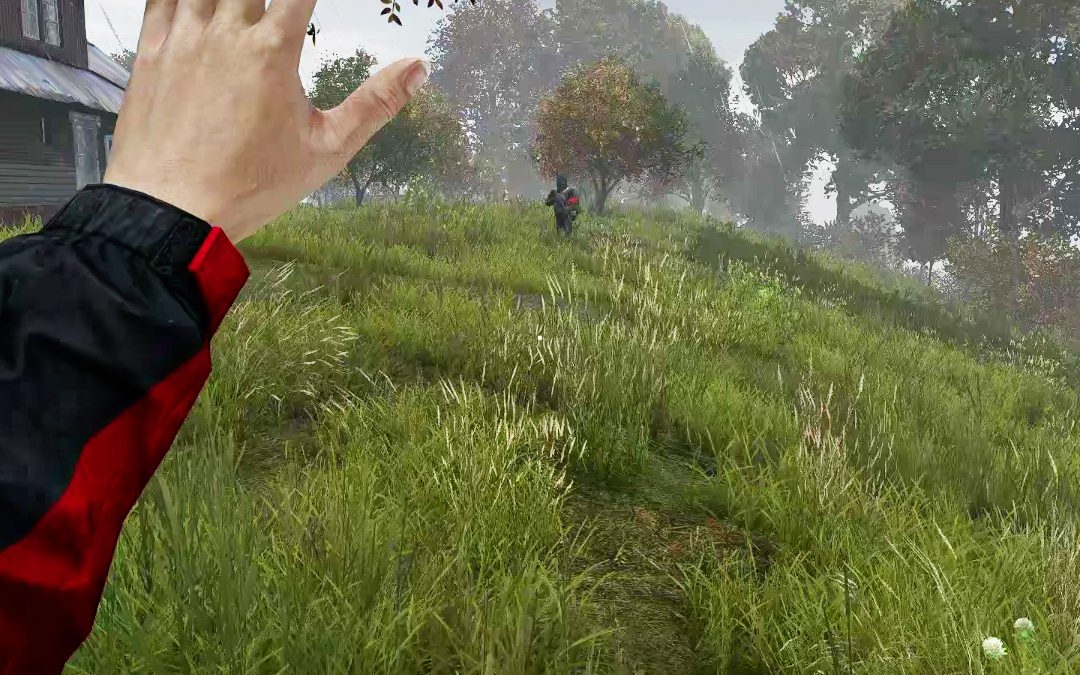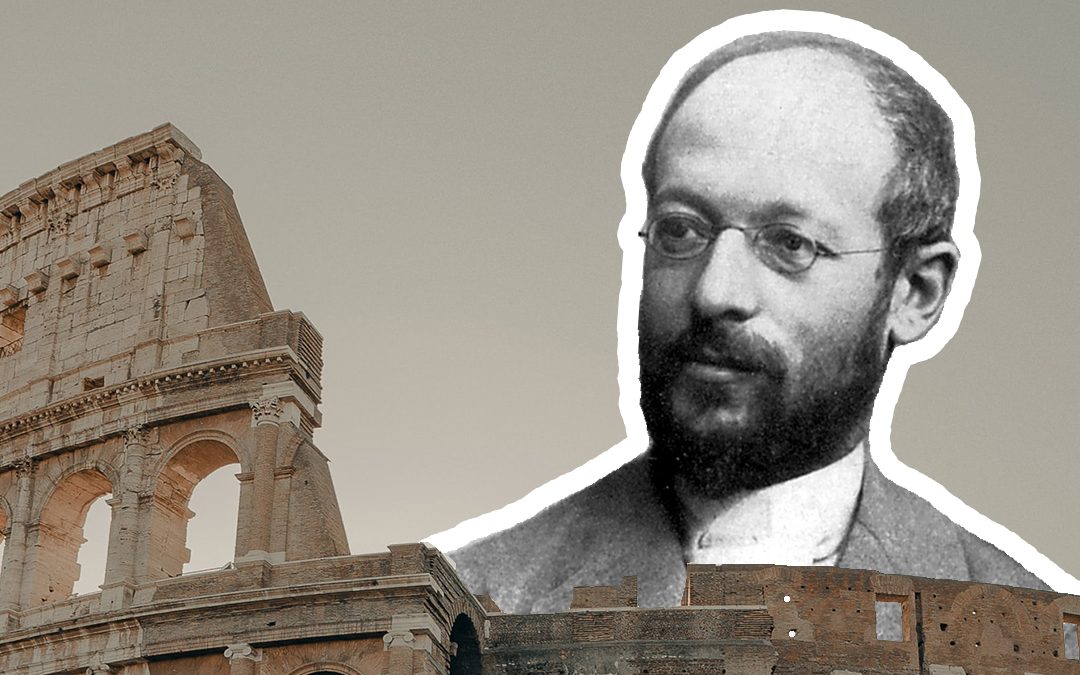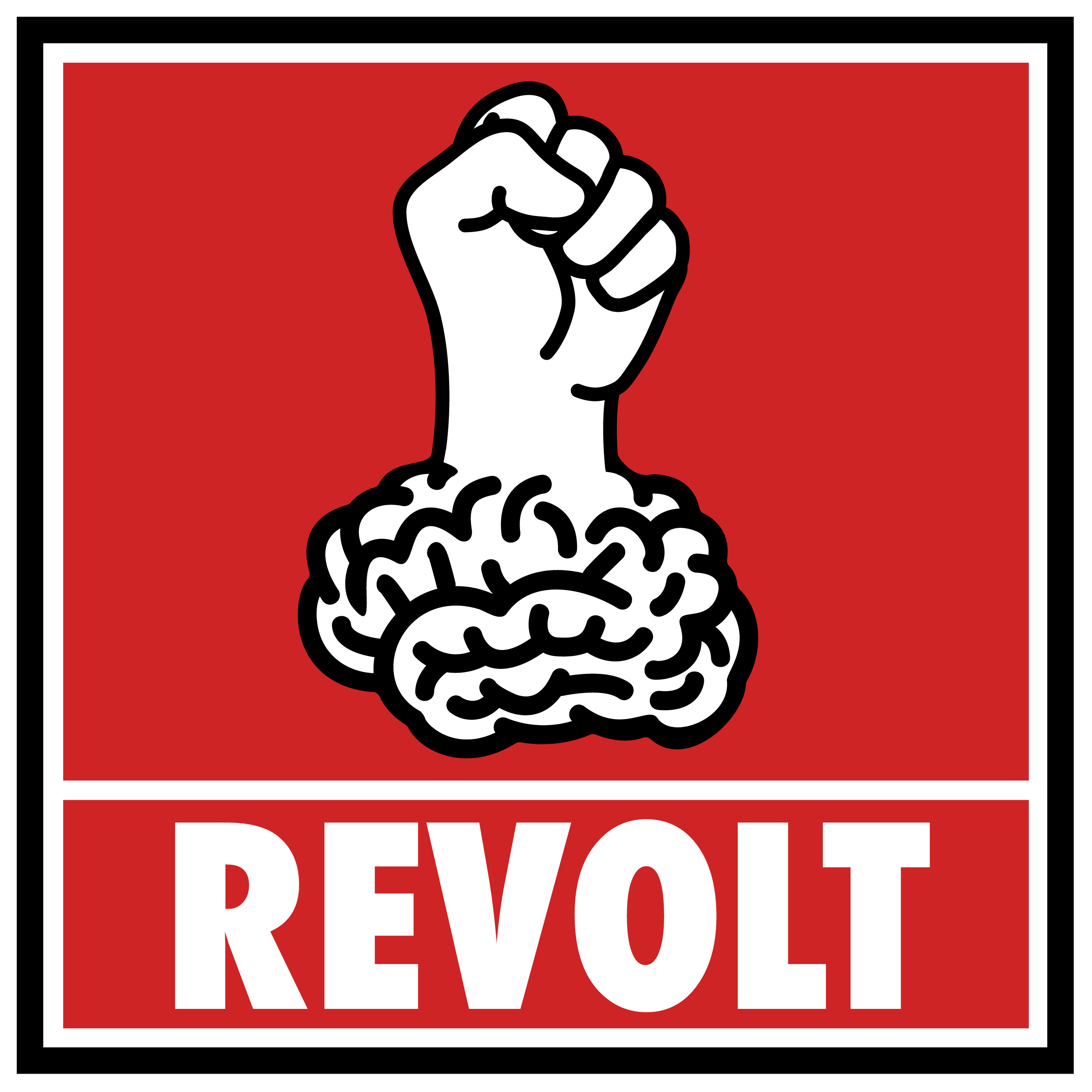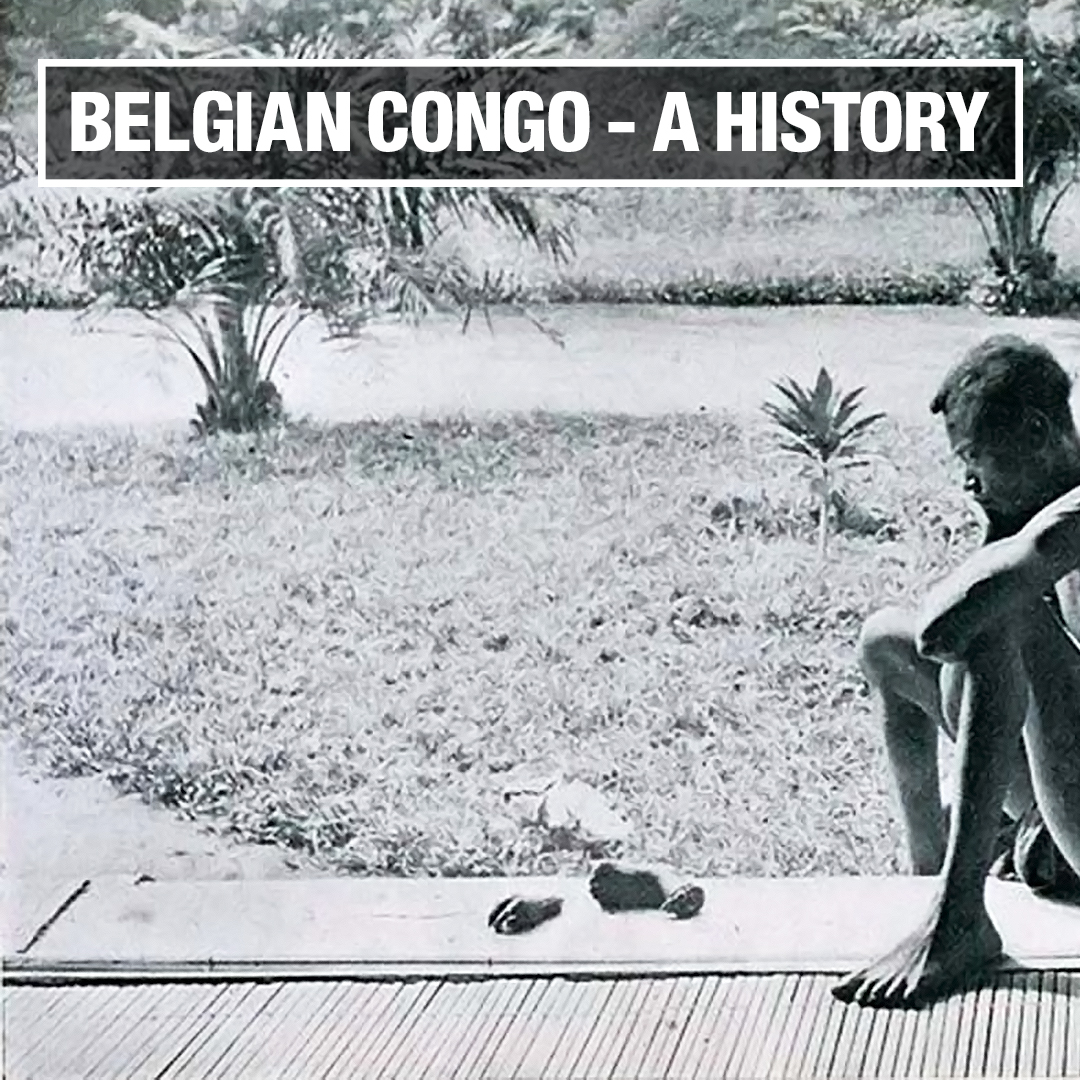Revolution and Ideology
History, Philosophy, Film, and Whatever Else We Feel Like Discussing
More Episodes

DayZ: A Simulated Social Experiment?
DayZ is one of many games set in an apocalypse, but unlike all others, it forces the player to create their own “narrative.” Thus, it presents the opportunity to offer commentary on both conscious and subconscious popularity of consuming apocalyptic media. Further, by placing the consumer into the story in ways none of the other mediums can, it may offer insights into the way consumers think about their role in a post-apocalyptic world.

Georg Simmel’s “The Ruin”
https://youtu.be/aldg4YNobdU We discuss the 1911 essay "The Ruin" by German sociologist, philosopher, and critic Georg Simmel in which he discusses the importance of architecture compared to the other arts and why ruins hold a special meaning for humans. The Ruin:...

Could Utopia be Apocalyptic?
Continuing our series on the apocalypse, we discuss the chapter “Dying of Happiness: Utopia at the End of this World” in Maria Manuel Lisboa’s book “The End of the World: Apocalypse and its Aftermath in Western Culture” and the idea that utopia itself might bring about the apocalypse.

What is the function of destruction and ruin in apocalyptic films?
We discuss the function of wide-scale destruction and ruins in apocalyptic and post-apocalyptic films.

Zombie History, Metaphors, & Tropes
We discuss the history of the zombie myth and the most common metaphors and tropes in zombie-related cinema and film.

Apocalyptic Tropes in Netflix’s Black Crab (Svart krabba)
We discuss the numerous apocalyptic tropes and themes in Netflix’s post-apocalyptic Swedish film “Black Crab” (Svart krabba) directed by Adam Berg and Starring Nomi Rapace.

Zombieland – Zombie Comedies and Their Significance
We discuss the dramatic significance of zombie comedies using Zombieland as an example. Dr. Kyle William Bishop in his article “Vacationing in Zombieland : the classical functions of the modern zombie comedy” applies Northrop Frye’s frameworks for criticism to demonstrate how the zombie comedy is more than just gratuitous violence and should be taken seriously by academic and critics alike. We use specific examples from Bishop, Frye, and the film itself to show why Zombieland, for example, is a traditional dramatic romantic comedy.

The Imagination of Disaster – Susan Sontag
We discuss Susan Sontag’s seminal 1966 work “The Imagination of Disaster.”

Godzilla and the Apocalypse
We discuss the apocalyptic themes from the 2019 film “Godzilla: King of the Monsters.”

7 Functions of Apocalyptic Media
We discuss the 7 functions of apocalyptic cinema according to Wynn Gerald Hamonic’s 2017 article, “Global Catastrophe in Motion Pictures as Meaning and Message: The Functions of Apocalyptic Cinema in American Film.”





